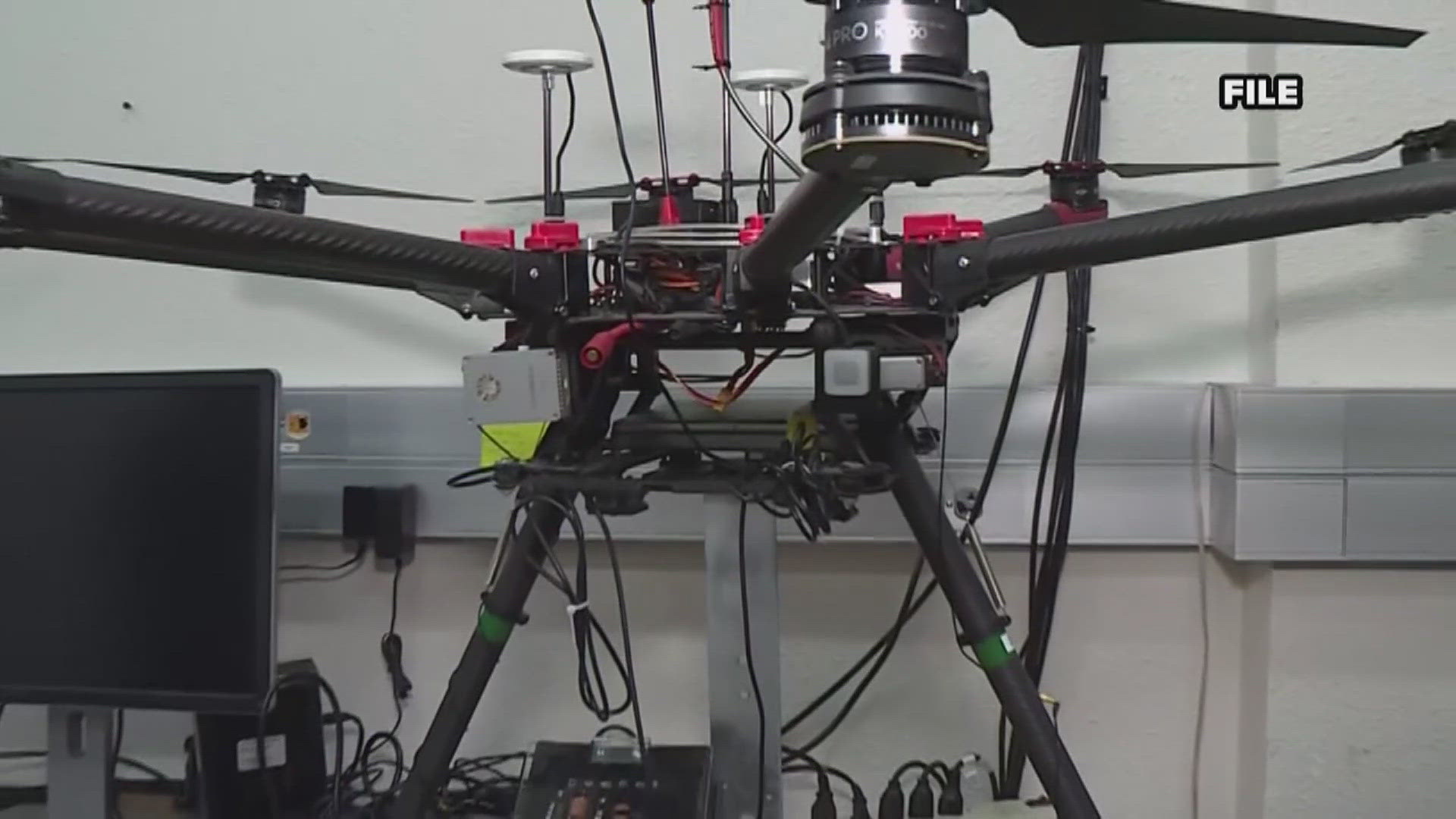MOLINE, Ill. — Iowa Congresswoman Ashley Hinson is among a group of lawmakers raising concerns about Chinese-manufactured drones widely used in the U.S., particularly DJI Agriculture drones. In a recent letter to the Department of Agriculture, Hinson and other lawmakers addressed the potential risks posed by these drones.
According to a survey from Iowa State University, 21% of Iowa farmers use drones, and 32% plan to adopt them in the future. While some drones are small and used for overhead views, others are larger and serve vital functions, such as spraying crops.
DJI, a Chinese-based company, has faced scrutiny over its foreign connections. Wayne Baker, DJI’s Director of Stakeholder Engagement, defended the company, stating, "They’re seeing about a 15% increase in yield. By using drones, they’ve reduced their use of fuel."
Hinson also voiced support for the bipartisan Protecting American Agriculture from Foreign Adversaries Act, which would ban new DJI drones from operating in the U.S. and monitor farmland purchases by foreign countries like China, North Korea, Russia, and Iran.
"China does continue to buy up American farmland at an alarming rate," Hinson said during a House floor debate. She emphasized the importance of protecting U.S. food and fuel supply chains and preventing intellectual property theft.
DJI responded to the allegations, stating, “DJI is a privately held and controlled company. No government entity or representatives sit on the board, and it does not have ties to the Chinese military.”
Baker added, "We understand where a lot of people’s concerns come from, but again, we’re trying to build drones for a better world."
The proposed bill, Hinson says, is necessary to safeguard national security. "We cannot allow the CCP to continue buying up our most valuable resource."
However, DJI officials argue that American farmers and companies reliant on their drones will feel the impact the most if the legislation passes.
According to the USDA, more than 43.4 million acres of U.S. agricultural land is foreign-owned, underscoring the growing concerns about foreign investments in American farmland.
The proposed bill passed the U.S. House of Representatives and now heads to the Senate for a vote.

